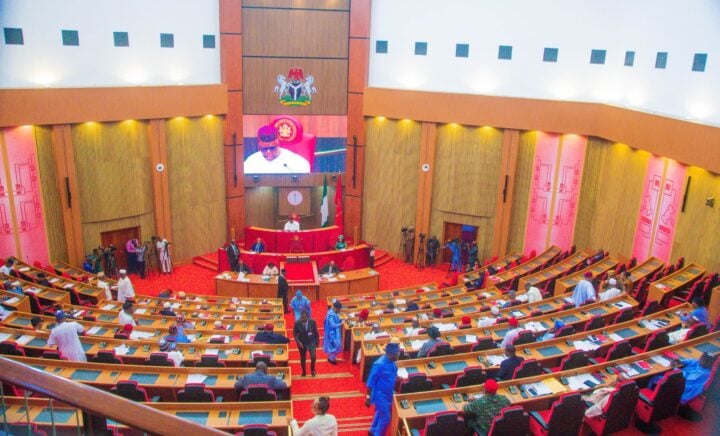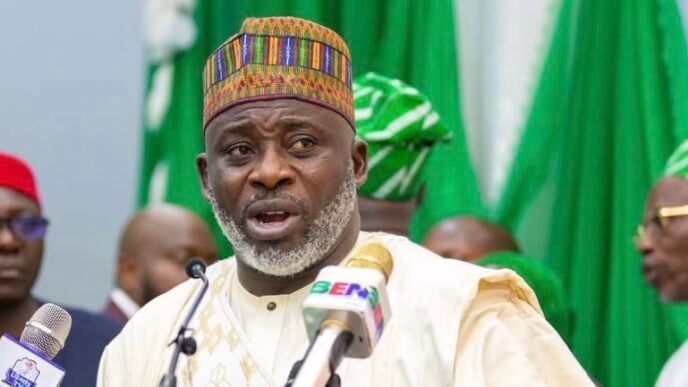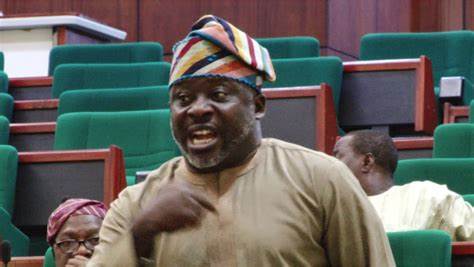A coalition of civil society organisations (CSOs) has launched a campaign for the passage of the reserved seats for women bill.
The legislative initiative is designed to guarantee a minimum number of seats for women in the national and state assemblies.
Speaking at the launch in Abuja on Tuesday, Osasu Igbinedion-Ogwuche, a member of the coalition, said the bill seeks to address the systemic exclusion of women from political leadership in Nigeria.
She added that the imbalance must be corrected, as women make up less than four percent of lawmakers in the national assembly.
Advertisement
“Women make up less than four percent of the National Assembly. That’s 18 out of 469 lawmakers in a country where women are nearly half the population,” Igbinedion-Ogwuche said.
“That number is not just low — it is heartbreaking.”
Members of the coalition calling for urgent legislative action include Osasu Igbinedion-Ogwuche, CEO of TOS Group; Hamzat Lawal, CEO of Connected Development (CODE); Joy Akut, special adviser on youth and women affairs to the deputy speaker; and Kingsley Sintim, director at TOS.
Advertisement
Igbinedion-Ogwuche explained that the bill is not about offering handouts to women but about reshaping the political landscape to ensure that women’s voices are heard at all levels of governance.
She argued that Nigerian women, who are at the forefront of community building, education, and entrepreneurship, deserve a seat where decisions about their lives are made.
“Nigerian women are not invisible. They are our mothers, sisters, daughters, and leaders — but they’re being shut out of the very rooms where decisions about their lives are made,” she added.
Igbinedion-Ogwuche implored journalists to amplify the message while noting that the campaign also seeks to mobilise the media and public to push for the bill’s passage.
Advertisement
“We need your headlines, columns, interviews, social media posts,” she said.
“We need your platforms — not just to report on what happens, but to shape what’s possible.”
Drawing on global examples from countries like Rwanda and Finland, Igbinedion-Ogwuche pointed to the positive societal changes that have followed the introduction of gender quotas in governance.
She said women leaders contribute to stronger governance and better outcomes in education, healthcare, and overall economic development.
Advertisement
“Let us build a democracy that reflects all of us. With your voice, we can help pass this bill — and help Nigeria finally rise on two strong wings,” she added.
Advertisement











